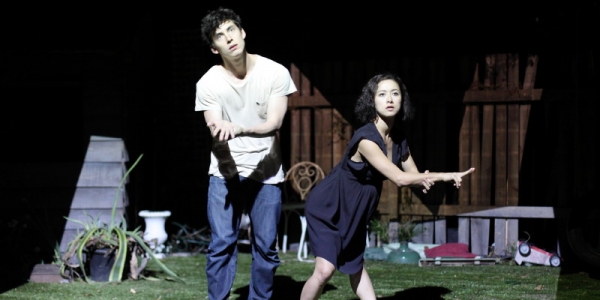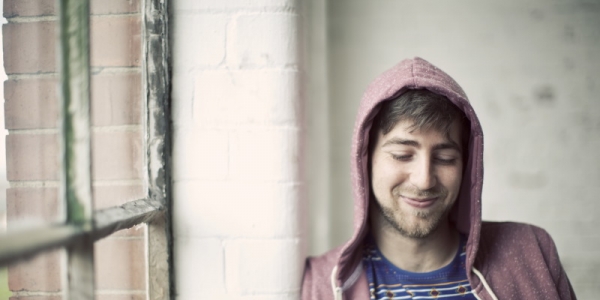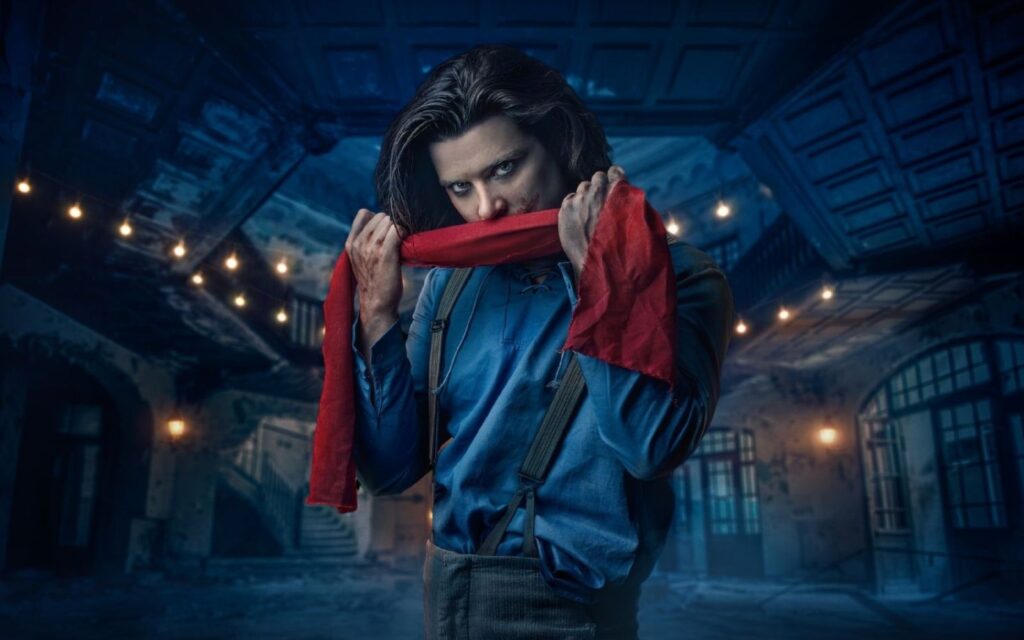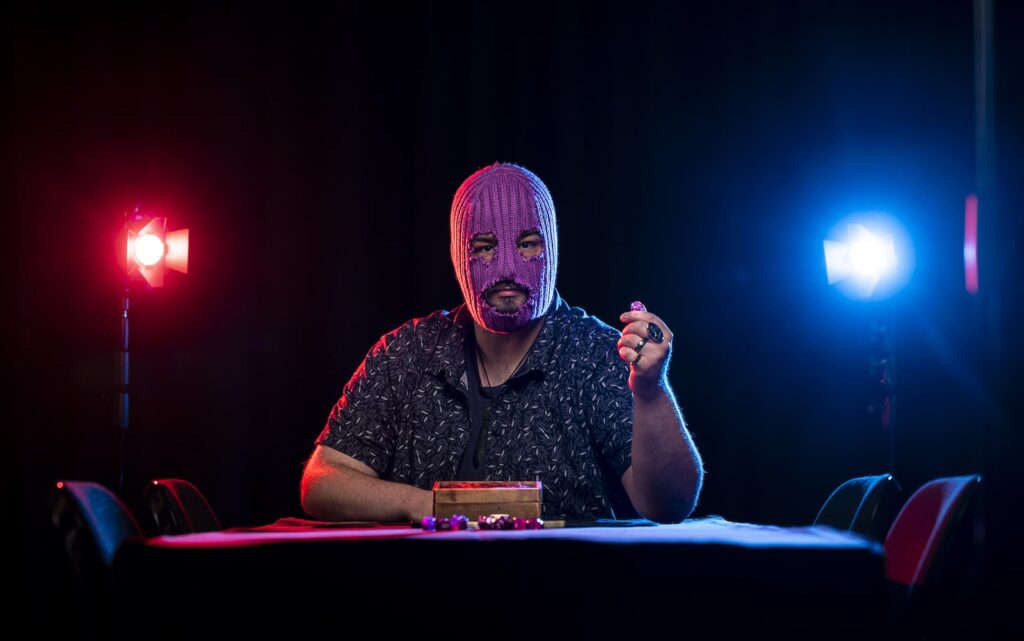Champion was approached by Andrew Upton and Cate Blanchett in the early days of their tenure at the Sydney Theatre Company to create a work which would become a co-production with the Sydney Festival. At the time she’d been reading The Slap, and says she was taken with how Tsiolkas “nailed” characters and a contemporary zeitgeist in a powerful comment about the now.
“The Slap definitely did trigger heated debate amongst people, and the subject matter interested us. We pulled out the strand of how children are raised in contemporary society and it shone a light on all of the things then that we thought through, just, what is happening to kids that’s different? It’s always been a challenge to raise kids over hundreds, even thousands of years, but there’s something in the last 20 or so years that seems to have shifted even more.”
Children today, Champion reflects, are more protected than they’ve ever been, to a level that’s almost concerning. Though values have shifted away from physical violence as a parenting tool, she posits, how far have we gone the other way? “Children are in less danger out in the streets than they’ve ever been before yet there’s a perception that there’s more, in the heads I think, of the parents. So they therefore drive their kids to school and the kids get fat. When does overprotection become a harm in its own right?”
As such the play is by no means a literal interpretation of the novel, she says. “We call it the apple that fell off the tree. We really just took what we thought was the hot-button issue of children, and whether to hit a child or not, and then we took that further to how people go on with heated debate about overprotection.”
Bringing in seasoned actress Catherine McClements for the production’s Melbourne run, the production is inspired more by reality than fiction. Conducting interviews with relative strangers about the issues, they’ve weaved these opinions into the production, using them both as soundscapes and narrative devices. These were edited down to two to three minute monologues and within these, it presents a slice of society’s values on the issue
“There’s a variety of opinion, there’s a guy who thinks its screwed up, saying people give them too much leeway, they live at home too long, they’re mollycoddled. There’s a woman who is childless who says, ‘God forbid, no one’s allowed to call their child average anymore.’ And there’s also a mother who’s questioning what it is to be a mother, and she’s not yet feeling the complete joy of it. She doesn’t quite get what the reward is.”
But ultimately Champion finds the production hard to describe because its power is in the physicality and the metaphorical, typical of Force Majeure’s work which uses poetic imagery, movement and projection to enlighten a work. “It’s to allow us to extend out of realism, and I don’t mean to go into fantasy but to get under the skin into a more emotional, psychological state and to heighten that, or draw it out or expose it in a way that realism doesn’t accept.
“Sometimes there’s a visceral physicality to a relationship that can be expressed beautifully in how someone holds someone, and moves with someone. You can express suffocating love in a way physically that often can’t be achieved with words in the same way. There isn’t a sense of an all-pervading writer’s voice, but it does feel more collectively like, how can we pull out the strands of a mass of people’s various responses? And that’s sort of what we’ve honed.”
With such an emotive issue, Champion can’t help but form her own opinions of modern-day parenting. She despairs the parental overindulgences that have in turn, created particularly brattish young people. “This way of parenting feeds into young kids entering the workforce. There’s a pervading sense of entitlement, that kids get things so easily that they expect things to happen instantly.”
There are examples of this being reinforced, she mentions. “In 2009, a woman started a website called Free Range Kids because she got absolutely vilified for letting her nine-year-old son ride the subway in New York without a mobile. And she became the most hated mom in America. And two weeks ago in Sydney a school in banned girls from doing handstands and cartwheels. So it’s amazing how it keeps coming up.
“We’re just trying to open up all the various issues for conversation about it, asking is this necessary? Have we over responded to things we grew up with wanting to change?” It’s a pandora’s box of volatile opinion, but this Champion expects. She looks forward to heated debate in the foyer post-production.
BY BELLA ARNOTT-HOARE







